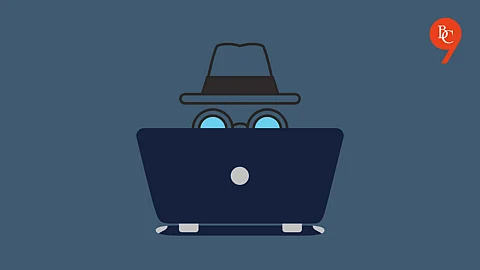

2021 has witnessed sweeping new internet regulations coming to India- removal of social media content that the government finds illegal within three days of being notified, disclosure of user information upon request, identifying “first originator” of any message on encrypted messaging platforms like WhatsApp, to name some. Now, the Parliamentary Standing Committee on Home Affairs has submitted a petition to urge the government to ban the use of Virtual Private Network (VPN) in India- a move that is sure to stir up some disputes.
The committee, in its argument, stated that VPNs pose a threat to the security of the nation by allowing cybercriminals to continue with their unsolicited work while hiding behind the anonymity guaranteed by VPNs.
"A VPN gives you online privacy and anonymity by creating a private network from a public internet connection. It masks your internet protocol address to keep your online actions private. It provides secure and encrypted connections to provide greater privacy and security for the data you send and receive," said Sonam Chandwani, Managing Partner at KS Legal and Associates, to The Bridge Chronicle.
Popular VPN services, like NordVPN, ExpressVPN and IPVanish, give users anonymity on the internet and allow them to access sites that are banned. VPNs essentially encrypt network traffic and secure public internet connections, ensuring a certain degree of privacy online.
For this reason, VPNs are used for better online privacy, internet security and to avoid third-party trackers, not just by criminals but also a vast majority of internet users and remote-working employees. "A ban on VPNs can throw remote working in India into jeopardy. Many corporate companies may require employees to work on a secured Internet connection that is given by the office. Privacy concerns and data protection will also be affected if the tool is banned. VPNs are one of the most crucial aspects of securing corporate data. Most companies, especially due to work from home circumstances, use VPN services so that hackers cannot intercept official data and files including crucial admin passwords. The use of VPN is the first line of defence for any corporate connected to the internet. Without VPNs, competitors can use third-party trackers and target important employees online to extract confidential business data. The internet connection may be more prone to third-party attacks and malwares trying to steal passwords. Anyone will not be able to access content online that is otherwise not available in India or is restricted," said Chandwani.
Corporates use VPNs for safeguarding the files and communication transferred between employees. "VPNs are used by companies to safeguard their network and digital assets. Owing to the pandemic, most of the corporates are working from home wherein the companies provide secure access to keep company data safe. Therefore, this ban could be detrimental for corporates."
As a closing note, Chandwani added, "A complete blanket ban may not serve the purpose. It is essential to consider the effect the ban would have business functioning online. Further, a ban would also put individual users to risk and hamper their right to privacy."
